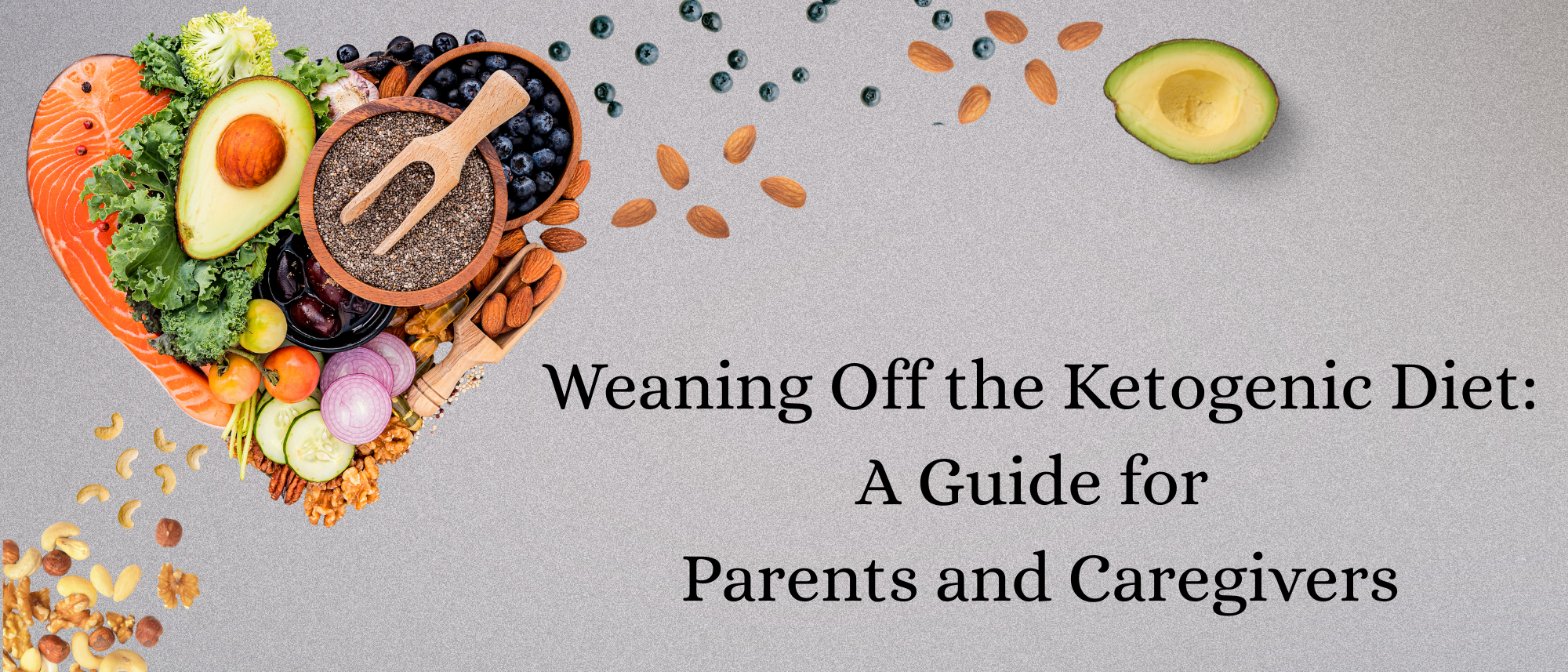Troubleshooting Your Keto Diet: Common Mistakes and Solutions
/By: Laura Dority MS RD LD
Are you having difficulty achieving adequate ketone levels? Do you feel like you have put all your blood, sweat and tears into a keto diet but are just still stuck at negative or trace ketone levels? Let’s see if I can help by diving into some of the most common mistakes and mishaps for those on a keto diet.
Roadblock #1: Not Eating Enough Fat
In order for the keto diet to be successful you must eat a high fat – not just low carb diet. Most experts agree that at least 70% of your calories should come from fat. Fat is an important nutrient in getting your body to produce ketones. So pile on the avocados and olive oil – don’t be afraid. Fat is key to success!
Roadblock #2: Eating the Wrong Types of Fat
Avoid processed fats such as vegetable oil blends. Instead focus on a variety of natural fats including eggs, avocados, raw nuts, seeds, oils and butters. Don’t forget about ghee, heavy cream, coconut oil and coconut cream as well. Aim for 4-5 different fat sources throughout the day.
Roadblock #3: Eating the Wrong Amount of Calories
Both eating too many or too few calories can derail your keto diet. Signs of eating too many calories including unintended weight gain, poor ketosis and feeling sluggish. On the other hand if you are losing excessive weight or have poor energy, try increasing your calories slightly.
Roadblock #4: Not Drinking Enough Water
Adults maintaining a keto diet should drink at least 64 ounces of water daily. If you are starting the keto diet, you need even more water because as soon as you start cutting out carbs your body will start to lose water naturally. Water is crucial to keep your body functioning at its best by circulating nutrients, flushing out toxins and burning fats. Hydration for children is weight dependent so check with your healthcare team about water goals.
Roadblock #5: Eating Too Much Protein
The keto diet is a high fat, low carb diet – not a high protein diet. Eating too much protein will lead to protein conversion into glucose (sugar) in the body. So if you eat too much protein, your body may not use fat as an energy source. To prevent getting too much protein, focus on fat sources that do not include protein such as butter or oils over just eggs and meat.
Roadblock #6: Eating Too Many Keto Sweets
Many keto sweets contain large amounts of sugar alcohols and sugar substitutes. These sweets have a lot of calories which may cause you to eat too many calories. In addition, they may increase your cravings for sweet foods. Keep in mind that not all sugar alcohols are created equal. Some sugar alcohols and sugar substitutes are processed like sugar in the body and may need to be counted as carbs.
Roadblock #7: Excessive Snacking
Be sure you are only snacking when you are truly hungry and not due to other factors such as emotions or boredom. If you are hungry and need a snack, nuts seeds, avocados, or cheese are great options. Focus on small portions of these foods and giving yourself enough time after eating to feel satisfied before going back for seconds.
Roadblock #8: Hidden Carbohydrates
There is no official definition for a food to be labeled “low carb.” Many foods carry this claim but are not keto friendly. Common hidden sources of carbs can be found in condiments, sauces and salad dressings. Keep in mind that foods labeled “low sugar “or “sugar free” does not necessarily mean low carb and may not be acceptable on a keto diet. Read labels carefully!
Overall the biggest mistake people make is not drinking enough water and not following the right amount of carbs, proteins and fats. Remember at least 70% of your total calories should come from fat (often more if you are on a “classic” form of ketogenic diet therapy) 5-10% from carbs and 15-20 % from protein on most keto plans. Reach out for help from a professional before abandoning your keto journey. The best source of nutrition information is a dietitian or doctor that is familiar with keto diets.
Disclosure: Before you make any changes to your ketogenic diet always discuss with your medical team.






















